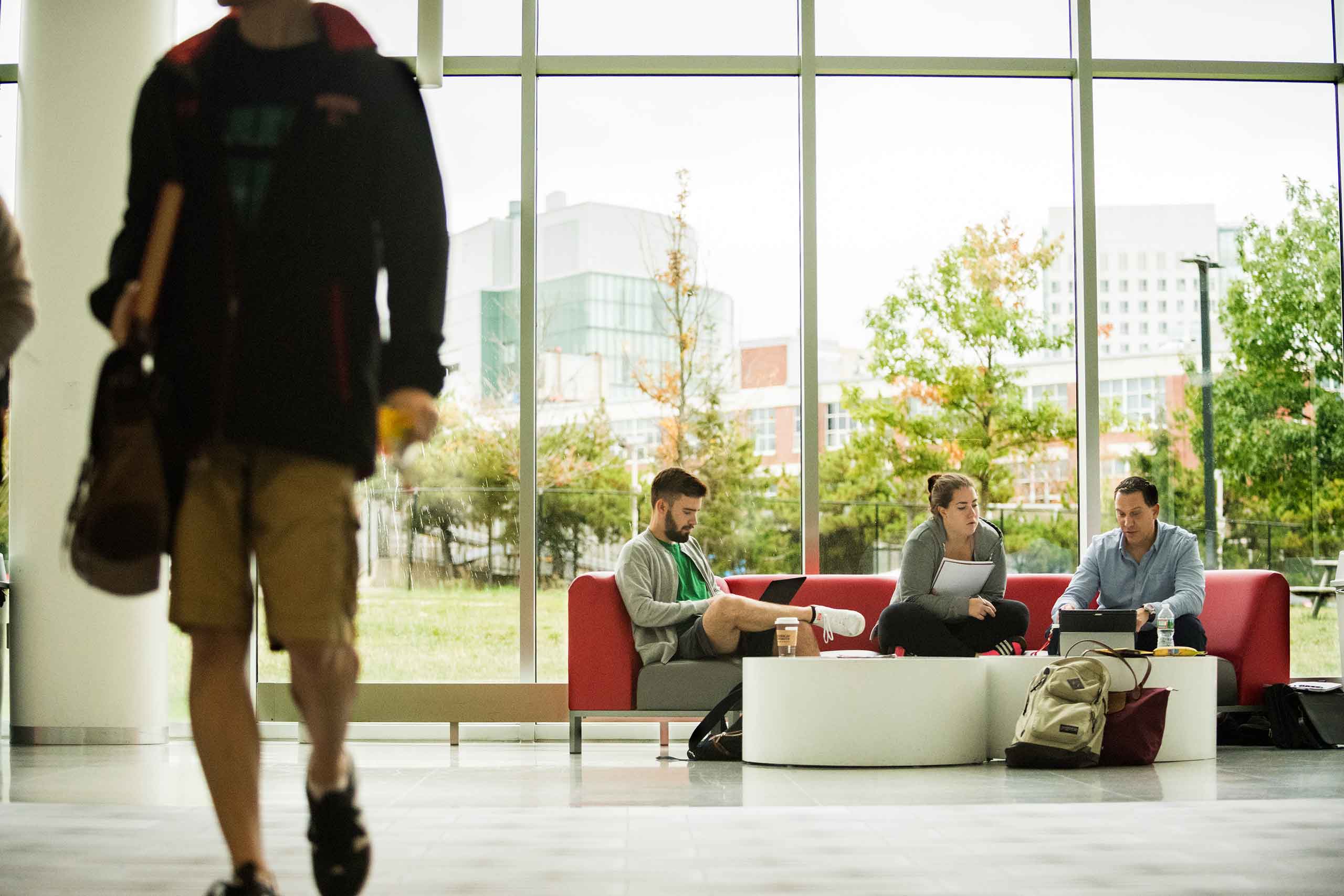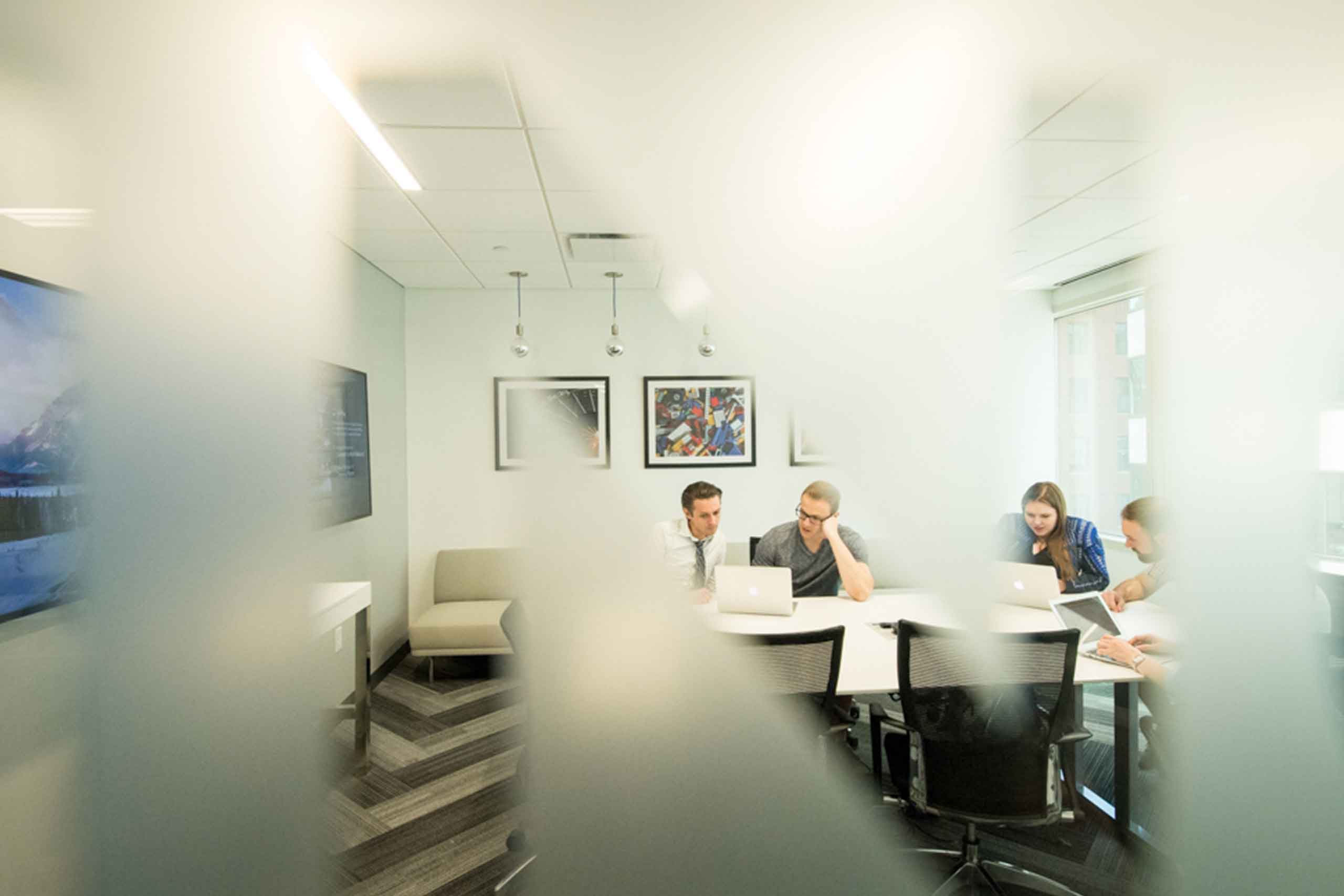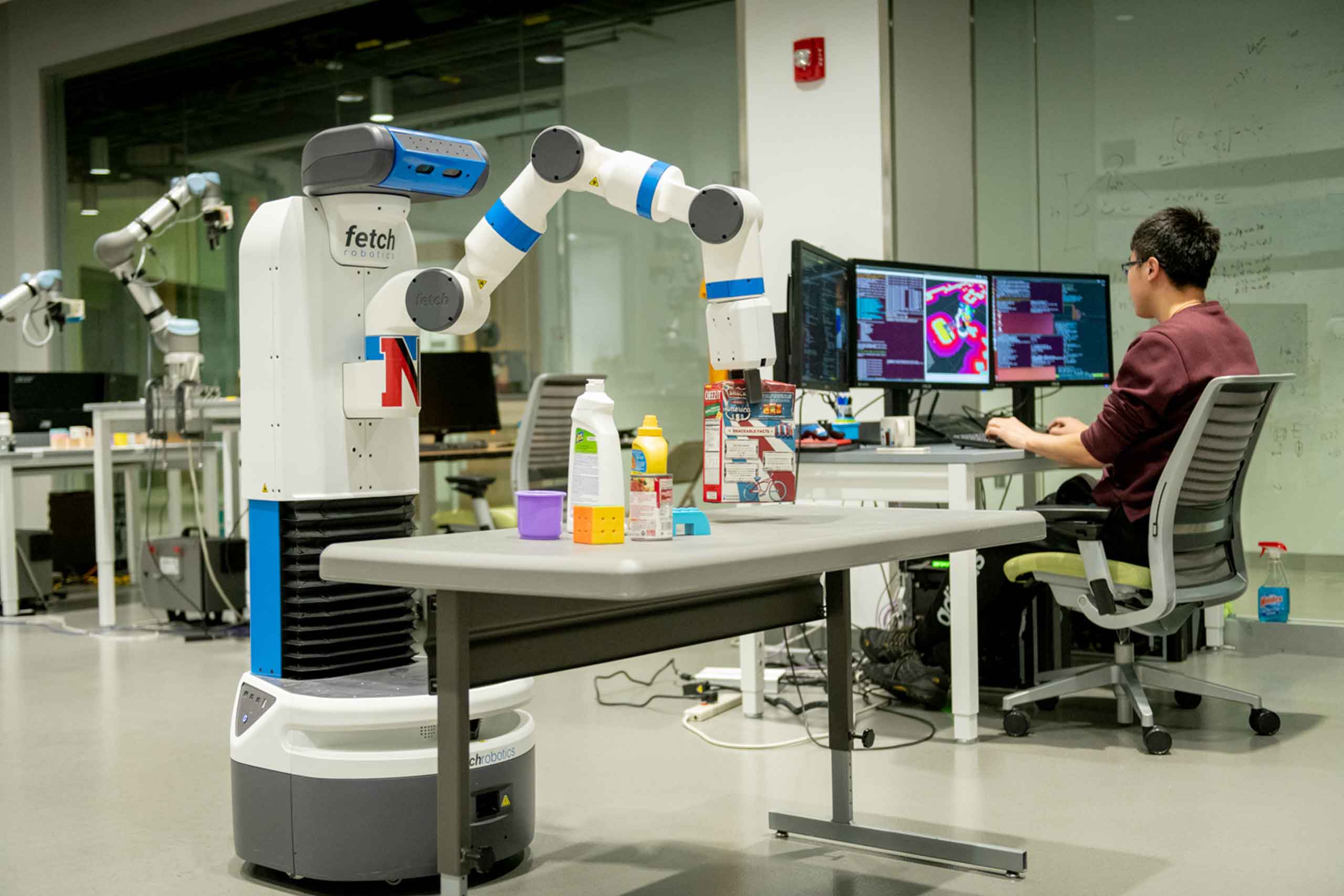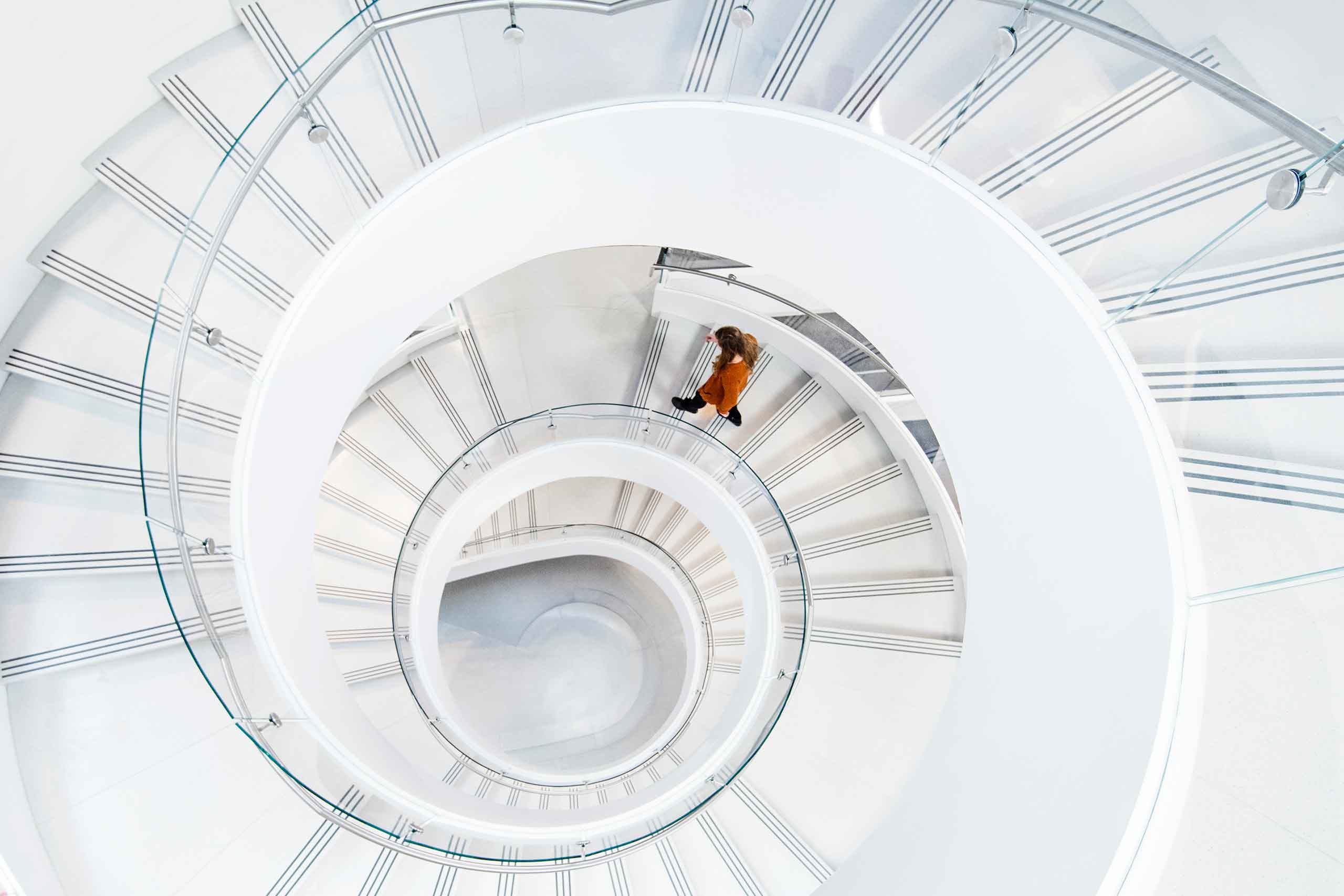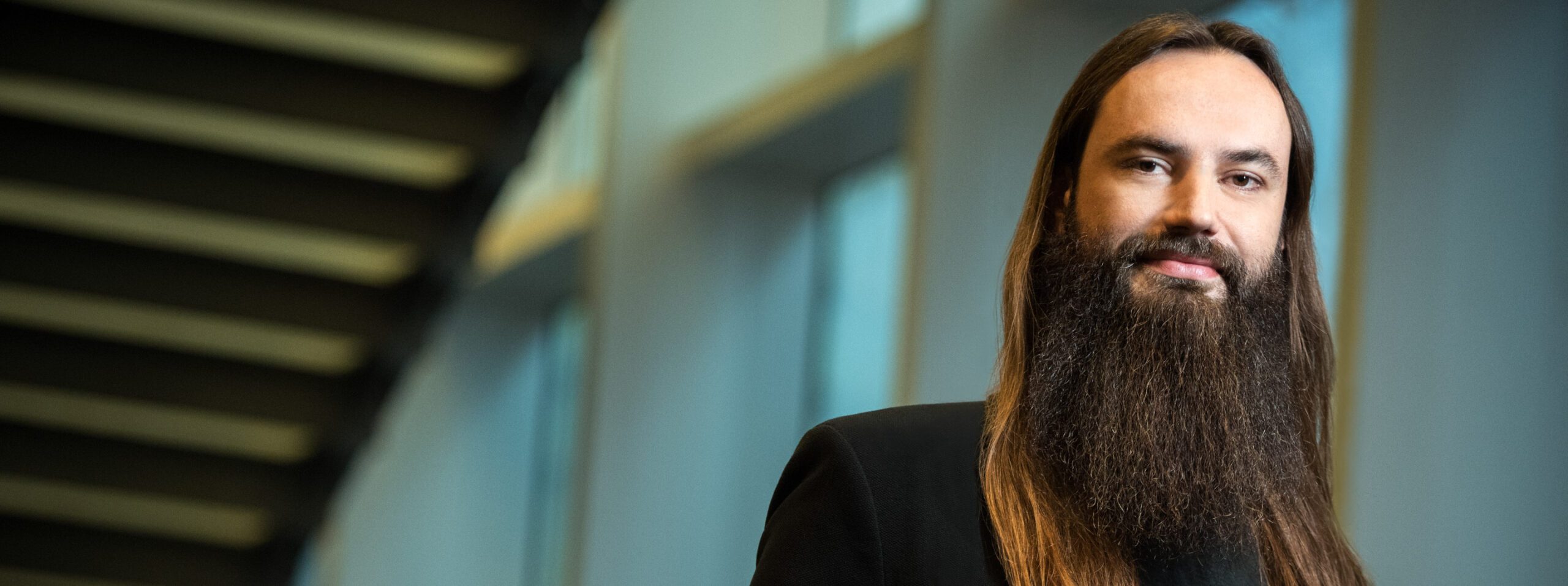
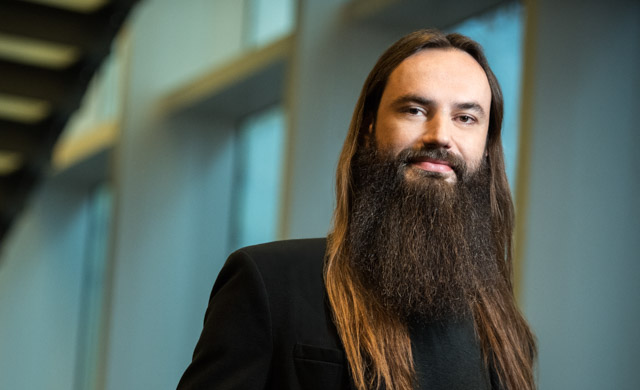
Piotr Sapiezynski










Piotr Sapiezynski is an associate research scientist at the Khoury College of Computer Sciences at Northeastern University. He earned his bachelor’s in radiocommunication and multimedia from the Warsaw University of Technology, and both his master’s in digital media engineering and doctorate degree in network science from the Technical University of Denmark. Currently at Northeastern, he works with Professor Alan Mislove and Professor Christo Wilson on privacy and fairness in machine learning.
His research is centered around the behavior of individuals, and the interactions people have with one another and with computer systems. He applies machine learning and other statistical approaches to model spreading of diseases and information, human mobility and interactions, and to infer relationships and life outcomes of study participants. Sapiezynski also measures the impact of one’s actions and social network on their privacy and studies ways of detecting, measuring, and eliminating biases from automated decision-making systems.
He is interested in making decision-making systems more transparent and understandable both for the people who operate them, and those affected by them.
Sapiezynski grew up in Warsaw, Poland.
Piotr Sapiezynski is an associate research scientist at the Khoury College of Computer Sciences at Northeastern University. He earned his bachelor’s in radiocommunication and multimedia from the Warsaw University of Technology, and both his master’s in digital media engineering and doctorate degree in network science from the Technical University of Denmark. Currently at Northeastern, he works with Professor Alan Mislove and Professor Christo Wilson on privacy and fairness in machine learning.
His research is centered around the behavior of individuals, and the interactions people have with one another and with computer systems. He applies machine learning and other statistical approaches to model spreading of diseases and information, human mobility and interactions, and to infer relationships and life outcomes of study participants. Sapiezynski also measures the impact of one’s actions and social network on their privacy and studies ways of detecting, measuring, and eliminating biases from automated decision-making systems.
He is interested in making decision-making systems more transparent and understandable both for the people who operate them, and those affected by them.
Sapiezynski grew up in Warsaw, Poland.

